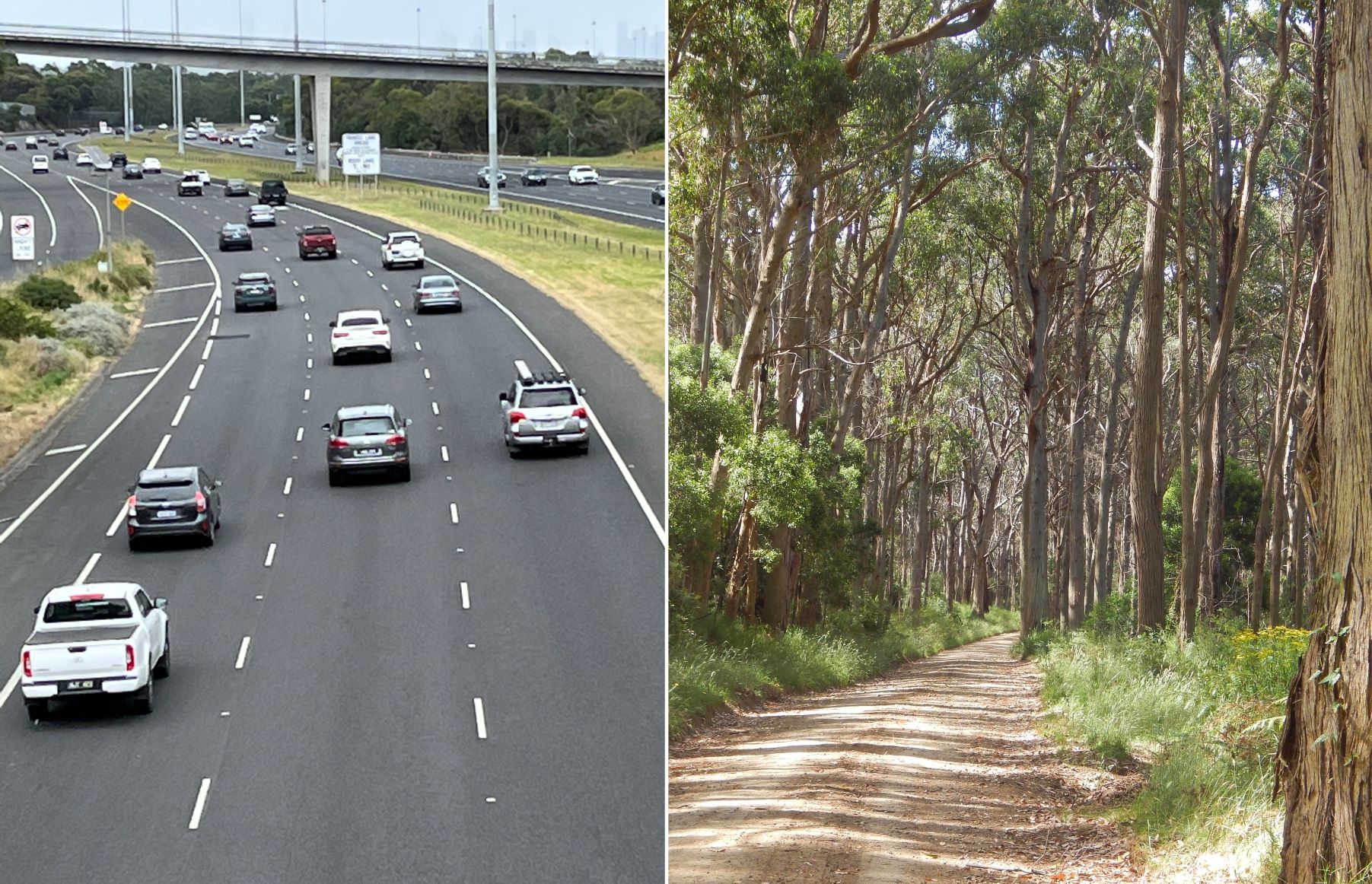
Angela Crawford
A Cherokee resident is calling for a speed limit reduction on roads through vulnerable wildlife hotspots in the Macedon Ranges.
John Power said several roads with 100km/h default speed limits could be found at Cherokee, Riddells Creek and other locations east of Mount Macedon.
“There are no signed speed limits throughout extensive networks of winding, narrow, mostly gravel roads in Macedon Ranges Shire,” Mr Power said.
“This oversight legalises ‘rally driving’ default speeds of up to 100km/h through some of the state’s most vulnerable wildlife hotspots, resulting in horrendously high rates of roadkill.”
Mr Power said that although the Department of Transport was responsible for creating signed speed limits on roads, these were commonly based on recommendations from local councils.
“Macedon Ranges Shire Council, however, steadfastly refuses to recognise the absurdity of default 100km/h speeds along the non-speed-signposted networks of (mostly) gravel roads,” he said.
In August 2020, Mr Power initiated a petition for the creation of 50km/h speed limits throughout local roads east of Mount Macedon.
That petition of 770 signatures was accepted by council as part of its deliberations on September 16, 2020, to review local speed limits for both wildlife and human safety.
Mr Power said no action had been forthcoming.
“Locals appreciate that any speeds above 50km/h leave a driver with almost no chance of avoiding an animal strike on these roads,” he said.
“Below 50km/h, the inverse applies: a driver has an excellent chance of braking or swerving to avoid an animal.
“Like most of our neighbours, I never go faster than 50km/h. There are wombat burrows right on the roadside.
“How can ‘rally driving’ speeds of up to 100km/h through known wildlife corridors be regarded as sane, particularly if drivers are unfamiliar with an area?”
Council’s director of assets and operations, Shane Walden, said Mr Power’s petition had resulted in wildlife being included as a part of the Road Mobility and Safety Strategy.
“A draft strategy will be provided to council seeking resolution to go to community consultation early this year,” Mr Walden said.
“In terms of speed limit reductions, council officers are guided by the DTP’s Speed Zoning Guidelines, which provides a consistent speed approach across the state’s road network.
“Council is keen to advocate for further speed reduction and happy to participate in any workshop with DTP and Road Safety Victoria on this subject.”
Mr Walden said council monitored its Customer Request System for data on wildlife trauma and was interested in accessing any other known data sources, including from insurance companies, to better inform locations of hotspots on wildlife trauma.







